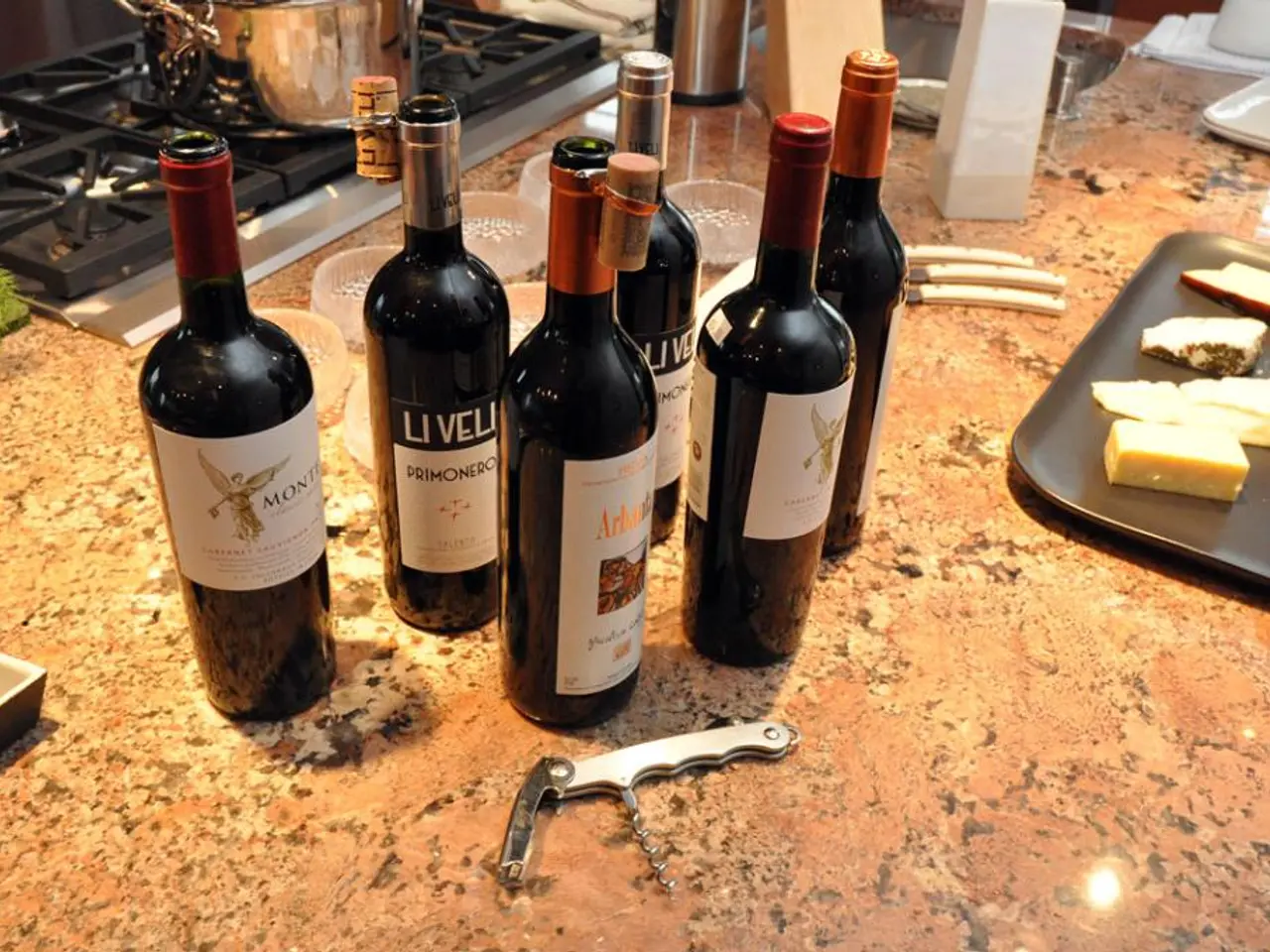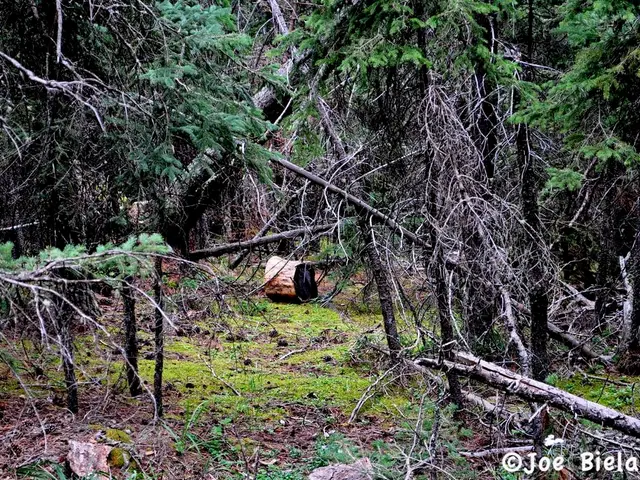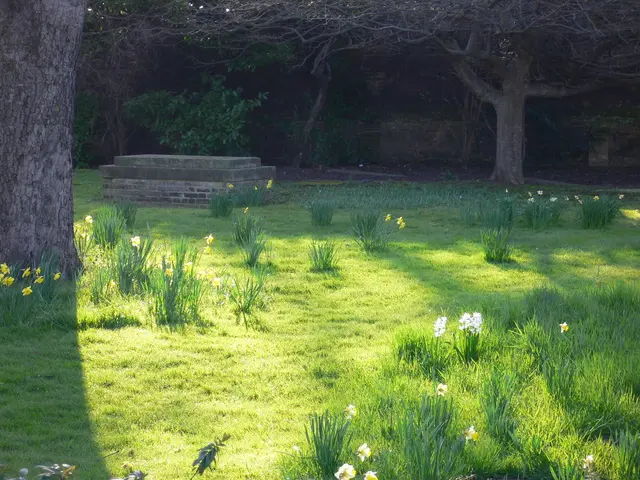Navigating Homesteading Basics: Three Easy Methods for Achieving Self-Sufficiency
Going Small: Your Pathway to Homesteading
Embrace the world of homesteading with a dash of determination and a pinch of persistence, thanks to this inspiring video from Dragonfly Brook Homestead. Remember, it's the baby steps that add up to your big homesteading dreams, whether you've got acres of land or just a tiny apartment.
Homesteading isn't about owning a farm; it's about honing the skills to reduce reliance on grocery stores and modern conveniences while living in a more sustainable manner. And guess what? You don't need to wait for that perfect piece of land to start. It's all about getting started right here, right now.
Let's break it down into three easy-to-follow moves.
Time to Sow the Seeds
Feel the thrill of self-sufficiency by taking your first step into gardening, even if you don't have a yard. A sunny windowsill can sprout herbs like basil and parsley, while container gardens can foster lettuce, tomatoes, and even strawberries. Go a step further by trying your hand at sprouting seeds like alfalpha or broccoli in a jar—it's a simple, fun way to bring fresh, homemade food to your table.
Beyond replenishing your pantry, gardening develops valuable skills like patience, observation, and problem-solving—skills every homesteader needs. Plus, gardening connects you with the natural rhythms of the seasons, making you more aware of the food source and its production process. So, get## gardening, experiment, and celebrate every harvest, no matter how small.
Mastering the Art of Traditional Skills
Homesteading is more than just growing food; it's knowing how to make the most of what you have. Skills like canning, fermenting, and dehydrating help extend your harvest and cut down on food waste. Take it a step further by learning to bake your own sourdough bread, sew simple repairs, or create homemade cleaning products—all these abilities reduce your dependence on store-bought goods.
Not only are these skills practical, but they're also incredibly satisfying. Imagine the pride of pulling a jar of home-canned tomatoes off the shelf in winter or serving a loaf of bread made completely from scratch. The more skills you acquire, the more confident and capable you become on the road to self-sufficiency.
Cultivating a Self-Sufficient Mindset
Fundamentally, homesteading is about shifting how you think. A self-sufficient mindset means taking the initiative to rely less on commercial systems and more on yourself. This might begin with something as simple as composting kitchen scraps, preparing your meals from scratch, or repairing clothes rather than discarding them.
To amplify your growth, educate yourself. Dive into books, videos, and online resources about homesteading—they'll help you prepare when that perfect plot of land comes along. Yet even if that day never comes, a self-sufficient mindset benefits everyone. It nurtures resilience, minimizes waste, and fosters a renewed sense of joy in creating rather than consuming.
Get Started Today, Wherever You Are
Homesteading isn't about waiting for optimal conditions; it's about seizing opportunities with what you have. By growing a little food, learning practical skills, and cultivating a self-sufficient mindset, you're well on your way to a more self-sufficient, rewarding lifestyle. Who knows? This first step today might just lead to a bigger adventure tomorrow.
About the Author
- Bonnie Ferrero An outdoor enthusiast and avid hiker, Bonnie finds solace in nature. Her love for cooking, gardening, and home decorating fuels her creativity and gives her a harmonious balance in her hectic life. Through her professional achievements, community involvement, and personal pursuits, Bonnie embodies a holistic approach to life, committed to serving, growing, and thriving.
- A sunny windowsill can sprout herbs like basil and parsley, making you take your first step into gardening, even if you don't have a yard.
- container gardens can foster lettuce, tomatoes, and even strawberries, providing you with fresh, homemade food right at home.
- Learning to sprout seeds like alfalpha or broccoli in a jar is a simple, fun way to extend your pantry and develop valuable skills like patience and problem-solving.
- Beyond replenishing your pantry, gardening connects you with the natural rhythms of the seasons and makes you more aware of the food source and its production process.
- Skills like canning, fermenting, dehydrating, and sewing simple repairs help extend your harvest, reduce food waste, and reduce dependence on store-bought goods.
- The more practical skills you acquire, such as homemade cleaning products or sourdough bread baking, the more confident and capable you become on the road to self-sufficiency.
- A self-sufficient mindset means taking the initiative to rely less on commercial systems and more on yourself, which can begin with something as simple as composting kitchen scraps or preparing meals from scratch at home.








